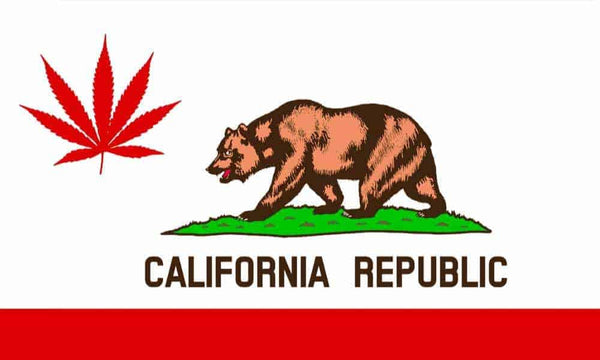Governor Gavin Newsom has approved numerous laws that will impact California’s cannabis industry.
California Governor Gavin Newsom has signed a passel of bills affecting the cannabis industry, his office announced on Saturday. Among the legislation that is now law is AB 37, a proposal sponsored by Democrat member of the California House Reggie Jones-Sawyer that will allow cannabis companies to make tax deductions.
AB 37 requires that eligible companies file their taxes as sole proprietors or partnerships. A similar bill was vetoed last year by former Governor Jerry Brown.
At the federal level, such write-offs depart from official Internal Revenue Service policy. But Newsom showed he had little problem with that conflict—despite the fact that on the same day, he announced that he had “begrudgingly” vetoed SB 305, which would have legalized medical cannabis treatment for terminally ill patients at California health care facilities.
Of that proposed legislation, Newsom wrote in a veto message, “This bill would create significant conflicts between federal and state laws that cannot be taken lightly.” In his statement, he suggested that such institutions could lose their federal funding were they to allow patients to use medical cannabis, even though he stated that he finds the federal government’s classification of cannabis as a Schedule I drug (and therefore devoid of medicinal value) a “ludicrous stance [that] puts patients and those who care for them in an unconscionable position.”
But hopefully some of the other pieces of legislation the governor put into effect will expand the medical community’s understanding of cannabis. AB 420 (heh) will establish a new cannabis research program within the University of California system.
Other bills that Newsom signed into law include a social equity measure that waives or defers the fees associated with getting licensed as a cannabis business for “needs-based” applicants. SB 34 will make it possible for dispensaries to supply free cannabis to medical patients—an important continuation of the compassionate care programs that play an important role in the history of California marijuana activism.
But Wait; There’s More
Another important piece of legislation signed into effect was Assembly Bill 1291, which requires cannabis companies that employ 20 or more people to provide a notarized document confirming that they will adhere to a labor peace agreement. That’s a promise that the company will not interfere should workers decide they want to form their own union, and also means that any potential union will not encourage strike activity.
That legislation has already been on the books in California since last year, but the new law gives businesses a 60-day deadline to produce such a notarized communication. Should the business fail to do so, workers can lodge a complaint with state labor authorities.
New York state also requires cannabis businesses of a certain size to sign labor peace agreements. The spread of such legislation is one indication of a growing movement to unionize marijuana workers, led in part by the United Food and Commercial Workers national labor union. UFCW now represents workers in California, New York, Pennsylvania, and Washington State.
By:


